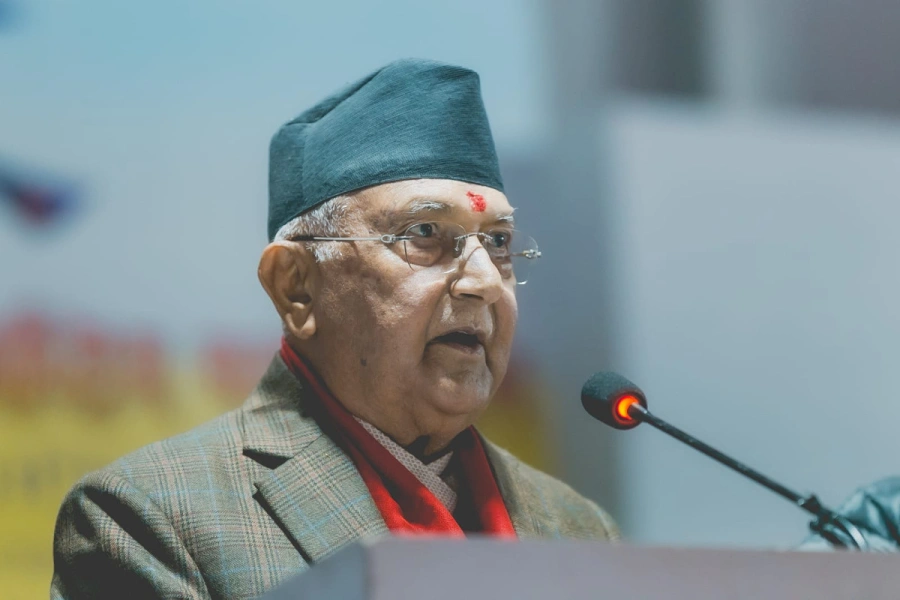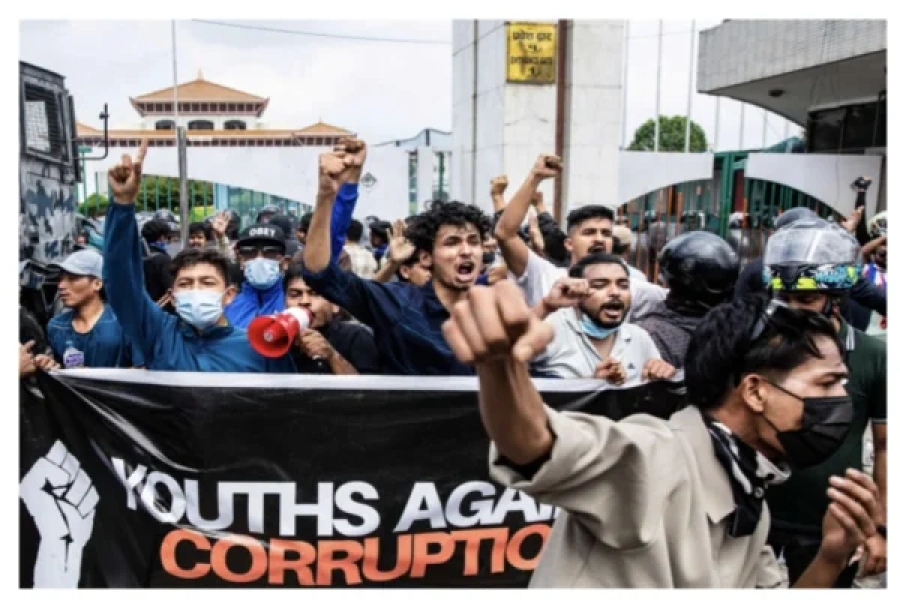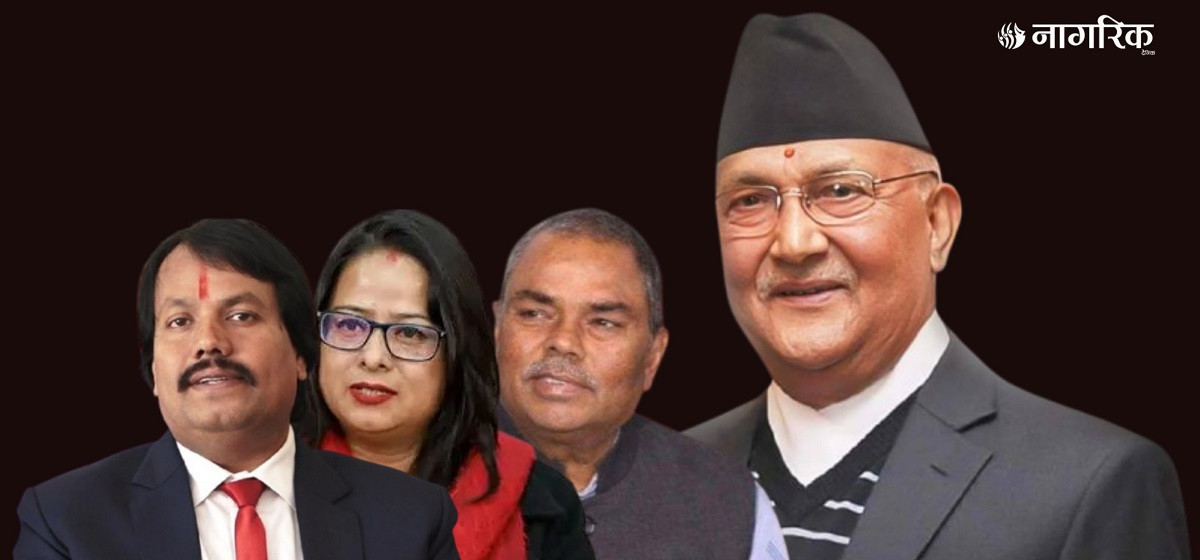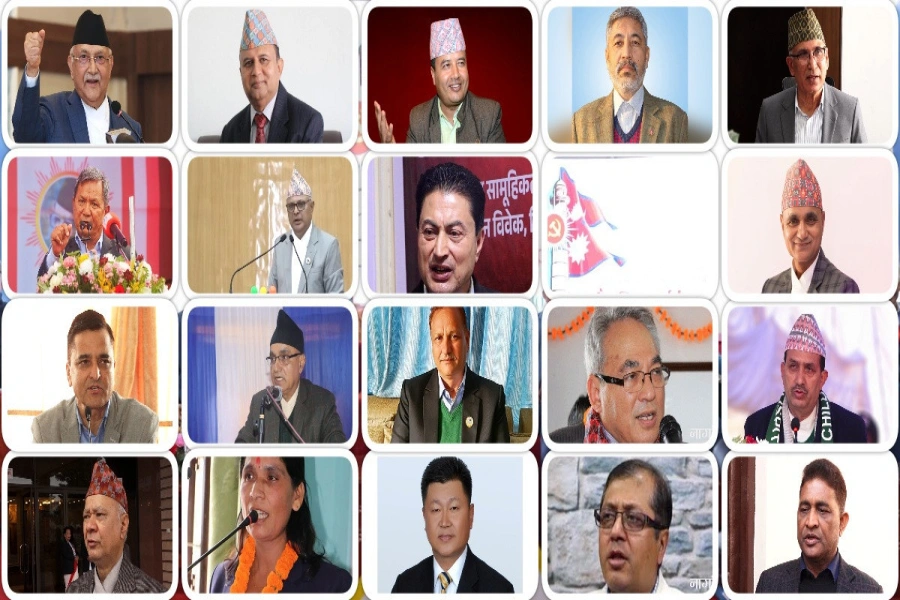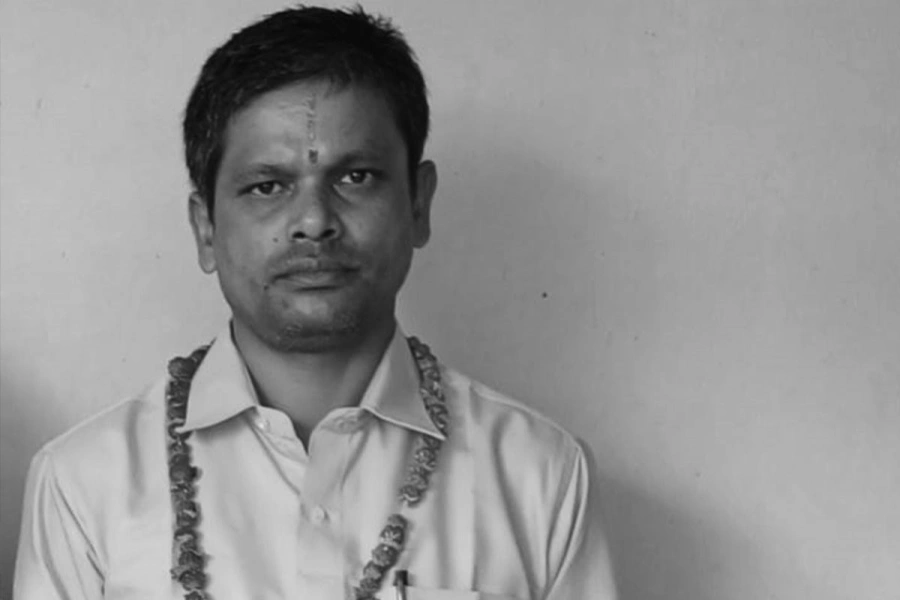KATHMANDU, July 2: Fringe parties appear heading for crushing defeats in the local elections with early vote count showing them trailing far behind three main parties even in areas considered their traditional stronghold.
If early poll results prevail, none of the fringe parties are likely to cross single digit figure in the second phase of local polls.
Fringe parties have so far registered victory in three local units including two seats won by Rastriya Jana Morcha and one seat won by the Federal Socialist Forum Nepal.
Vote counting until Saturday night shows fringe parties leading in only twelve local units.
If the current trend prevails until the final vote counting, Nepal Loktantrik Forum and Rastriya Prajatantra Party, which have not yet registered victory, might have to satisfy themselves with five and two seats respectively.
Similarly, FSFN is leading in two more local units, while RJM is leading in one unit.
Rastriya Janata Party Nepal, which fielded candidacy in around 20 local units, is nowhere in the race.
Though these are early results which may change in course of vote counting, leaders of the fringe parties conceded that this was not what they were expecting. The early poll results appear particularly disturbing for the Madhesi parties who were expected to do well against the backdrop of the Madhes movement.
Upendra Yadav-led FSFN was on the frontline of protests in the tarai that lasted for more than five months. FSFN leadership was hoping to woo the Madhesi, Muslim and Tharu voters.
The poll outcome has been equally disturbing for RPP which has long been championing the agenda of Hindu state to woo Hindu voters. Despite being the fourth largest party with 38 seats in the parliament, the party had won a single local unit in the first phase of local polls held on May 14.
Leaders of fringe parties have blamed a combination of factors for the poor performance in the local polls.
“We could not give enough time for election campaigns. That's the reason we could not capitalize on the immense public goodwill we enjoy,” said FSFN Co-chair Rajendra Shrestha. He said that the party's failure to expand the organization at grassroots level also had impact on the polls.
“Another important thing is we failed to reach out to the voters with our agendas during the elections. The voters could not differentiate between our candidates and candidates of major parties,” said Shrestha.
Many leaders said that the three parties' syndicate was also a reason for their poor performance. Three main parties had forged electoral alliance in more than 100 local units to secure their victory. Such electoral alliance, leaders of fringe parties said, diminished the prospect of smaller parties of winning constituencies where they were relatively stronger than major parties.
“We should have also formed alliance among likeminded forces. But that could not happen due to some differences,” said NLF General Secretary Ramjanam Chaudhary, adding that the party could not do well even in places where it formed alliance.
Threshold forcing fringe parties to go for mergers, alliances



